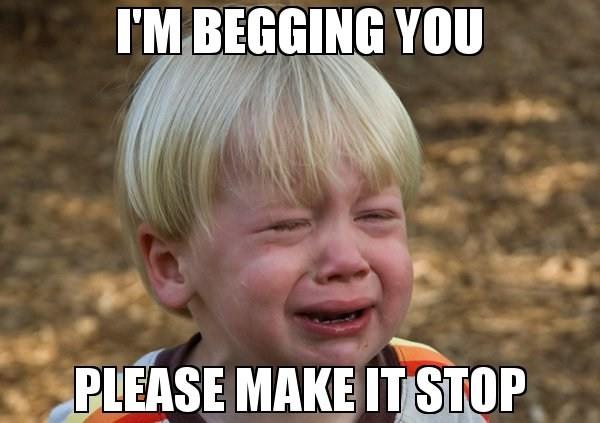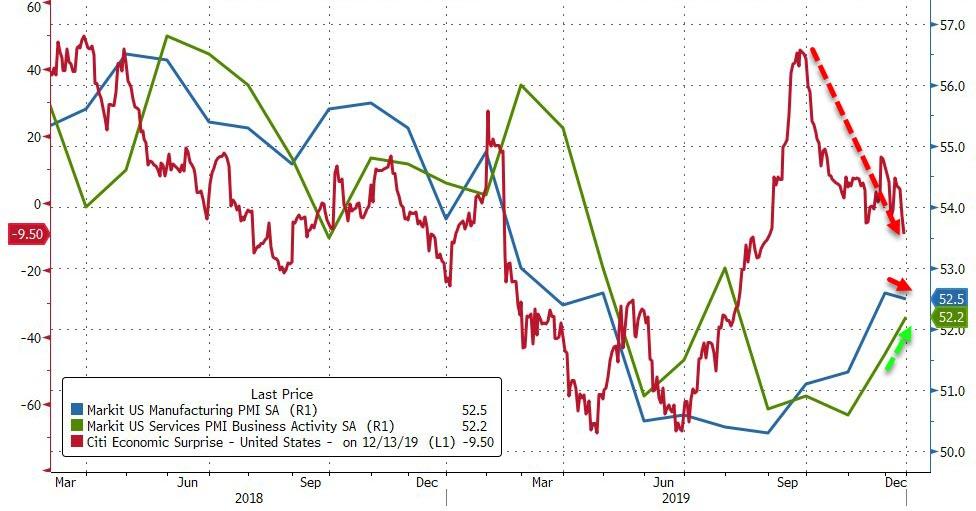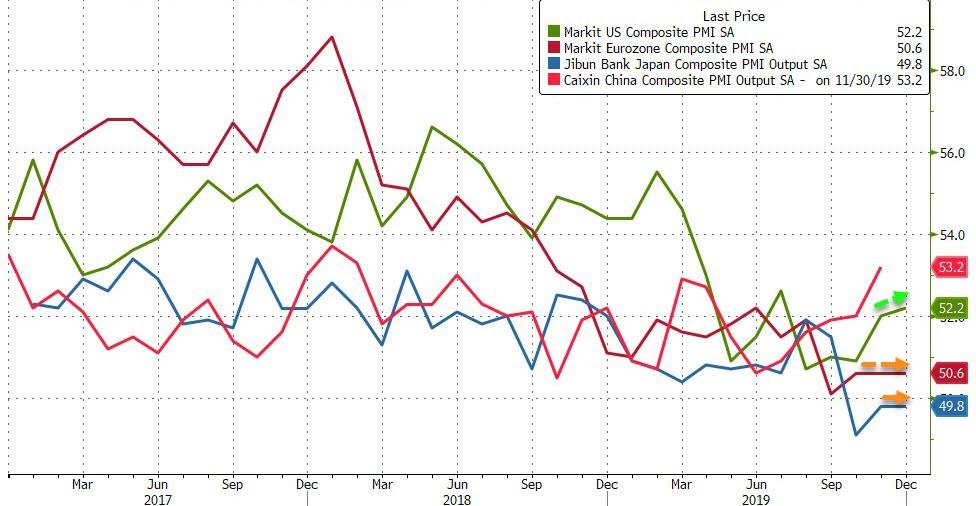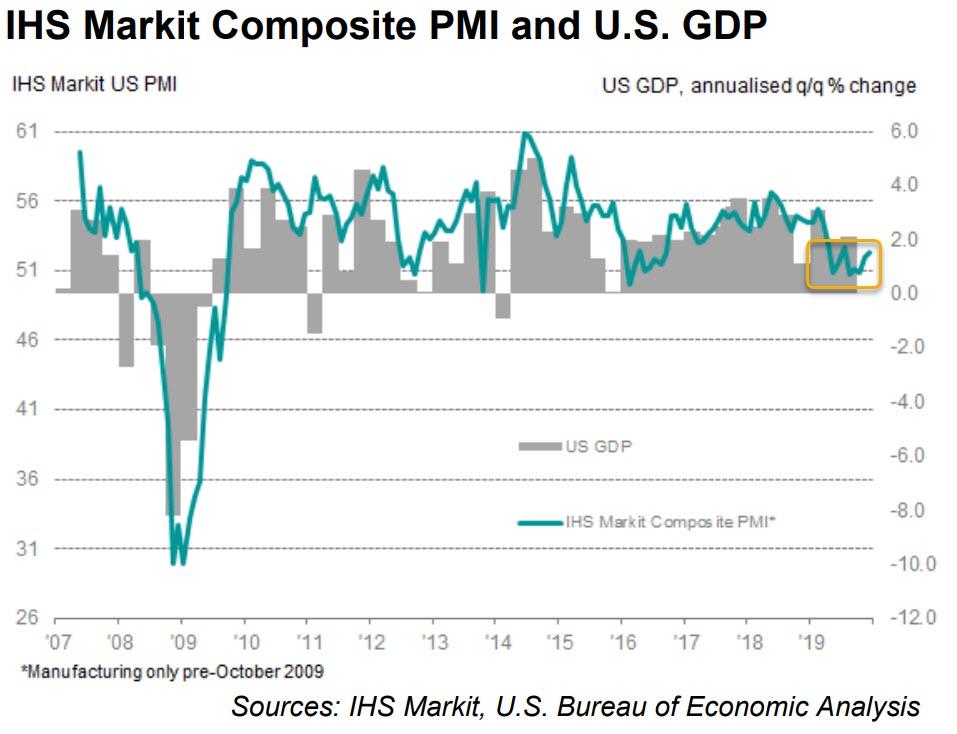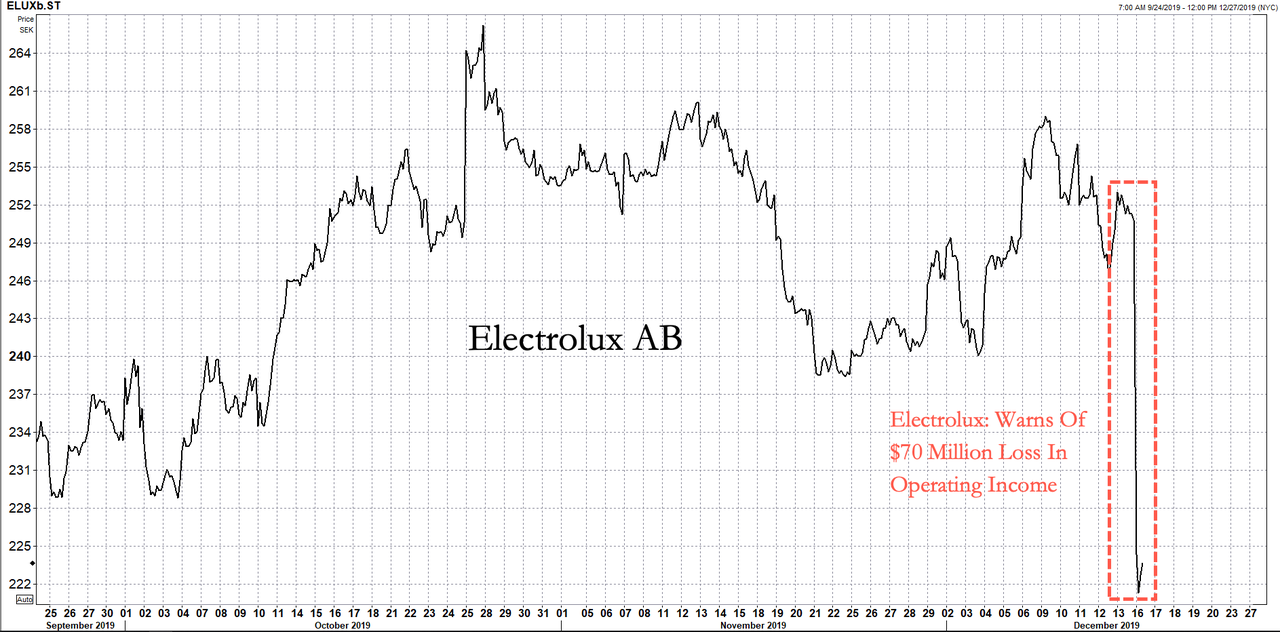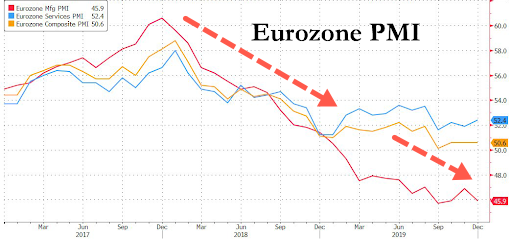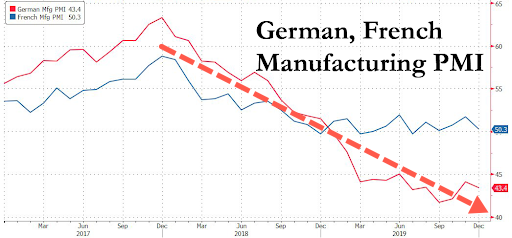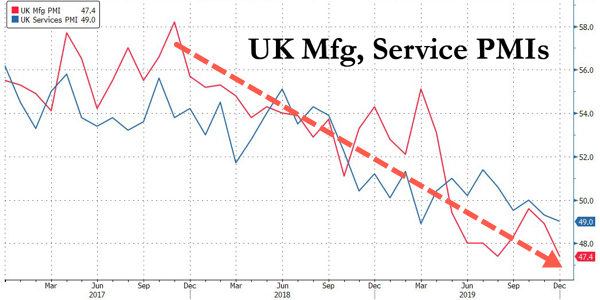I am grateful for Orin Kerr’s response to my post on impeachment. Years ago, it was fairly common for law professors to respond to each other on legal blogs. In recent years, this sort of discourse has tended to wither away. I largely blame Twitter, which promotes instant, rapid-fire responses. These sorts of exchanges are seldom constructive, and quickly devolve into time-wasting flame wars. People reinforce those they agree with, and drag those they disagree with. We can do better. Orin does better. He disagrees with me, quite vigorously, but does so with reasoned discourse. Thanks Orin. Indeed, I sent Orin two drafts draft of this post in advance to hear his thoughts, and happily incorporated his feedback.
I think our positions are closer than they may appear. First, let me clear up a few points. I do not think an act must be criminal for it to be impeachable. I do not think the enumerated constitutional standards of criminal procedure extend to the impeachment process. There are some norms of due process that ought to be complied with but the strictures of the 5th and 6th Amendments are not controlling. I do not think that an article of impeachment based on “abuse of power” is void because that term is vague. Nor do I think that the term “abuse of power” is novel, or without precedent. Historically, there have been many articles of impeachment that use that phrase. In short, an article of impeachment premised on an “abuse of power” could be proper, as an original matter, even if the President was not on notice in advance of the precise contours of the offense. I also concur with co-blogger Jon Adler: the term “High Crimes and Misdemeanors” is not an inkblot. And, as far as my research suggests, the first article of impeachment is consistent with that original meaning.
I hesitate only slightly here because under the Framers’ design, the propriety of an article also turns, at least in part, on policy considerations. The decision to impeach does not depend solely on whether the President’s conduct rose to the level of a high crime or misdemeanor. The decision to impeach, like all decisions to prosecute, is premised on other factors beyond whether the specific elements of the offense were satisfied. In other words, not all impeachable offenses must lead to articles of impeachment (Several of the law professors who testified suggested that the word “shall” in the Impeachment Clause imposes a duty to impeach whenever the President commits such a high crime or misdemeanor. I do not think the word “shall” had such a mandatory meaning at the time of the framing.) Members of the Judiciary committee sued the President more than two years ago for violating the Foreign Emoluments Clause, but opted not to bring such an article of impeachment. Certain pragmatic considerations enter into any decision about whether to impeach.
Another important consideration concerns what precedent will be established. And precedent, not original meaning, was the focus on my earlier writing. I worry about the precedent that will be set by an article based on an “abuse of power.” There are several policy reasons to pause before proceeding down this route. First, an offense defined only after the act fails to provide the accused with any notice of possible wrongdoing. Second, the accused can then charge, perhaps rightfully, that this offense was synthesized with the purpose of simply getting him. Third, members of the public can believe, perhaps rightfully, that the impeachment proceeding is merely a political attack, rather than any process grounded in established law. This argument isn’t precisely premised on the prohibition of ex post facto laws or bills of attainder, but it has similar backing: the House determined that the President’s conduct was an “abuse of power” after he engaged in it. None of these concerns exist when impeachment is tied to a pre-existing, well understood offense. If the House managers wanted to follow that path, they could have included a free-standing bribery charge or a free-standing charge that he intentionally and unlawfully sought to withhold appropriated funds from Ukraine, or both.
These dynamics accordingly create additional burdens that the House must satisfy to substantiate an article based on an “abuse of power” standard, where there are no underlying criminal allegations. And this additional burden occasions certain risks to the process itself. Stephen Griffin articulated this premise on Balkinization:
The articles of impeachment submitted today are arguably the first in American history not to be grounded ultimately in allegations that the president committed a federal crime or other violation of law. This single fact creates unique opportunities and challenges for both parties going forward. For Democrats, it means they do not have to worry about whether the established facts satisfy the technicalities of a crime such as bribery or obstruction of justice. For Republicans, it creates the opportunity to respond by demanding clear criteria for the somewhat abstract offense of “abuse of power.” For example, haven’t all presidents abused their power to some extent? Democrats have the corresponding challenge of defending their criteria as specific and arguing that Trump is different from past presidents. They go some distance toward doing this in the first article by referring to “the integrity of the United States democratic process.”
The precise novelty of this claim might be nuanced, but the Johnson, Nixon, and Johnson articles all alleged specific violations of law. It is far easier to persuade the public that an article of impeachment is proper, if the claim is based on a well-worn criminal violation that is routinely prosecuted or which has supplied the basis for prior successful impeachments. That is, a crime that has elements and requirements that have been liquidated by judicial, as well as congressional precedent. The public is familiar with the elements of bribery and obstruction of justice. For example, the Mueller report spent considerable time developing each of the three elements of obstruction, when deciding whether the President ran afoul of the law. (Ultimately, Special Counsel Mueller did not make any recommendation.) This approach relies on established law and puts would-be wrongdoers on notice. Such precision is a long-standing feature, not a bug, of how the impeachment process has been carried out to date. In contrast, the House has launched an impeachment based on a newly crafted-political “crime.”
But here, we are left with an allegation of “abuse of power.” Persuading the public that these allegations rise to the standard of a high crime or misdemeanor, in theory at least, is more difficult than persuading the public that one of the two enumerated offenses (i.e., bribery and treason) is a high crime or a misdemeanor. I say in theory, because at this juncture, I doubt there are many minds that are not yet made up. But Griffin’s point stands: there are additional challenges, and risks by going down the road suggested by the House majority. And this sort of article departs from modern, if not all prior impeachment practice. The burden to justify this expansion rests with those advancing the articles, not those defending against them.
A recent article in the New York Times highlights how opponents of impeachment can view the “abuse of power” allegation as merely political:
Yet Republicans view the current episode through the opposite lens, saying that the Republican-led impeachment of Mr. Clinton was fully justified while the action against Mr. Trump is purely political and unsupported by the evidence.
“President Clinton committed a crime, perjury,” Representative Steve Chabot, an Ohio Republican who voted to impeach Mr. Clinton in 1998, said Thursday as the House Judiciary Committee drafted articles of impeachment against the president. “This president isn’t even accused of committing a crime.” . . . .
On Thursday, Representative Kelly Armstrong, Republican of North Dakota, recited a litany of past presidents of both parties who had drawn charges of abusing their power but were not impeached, and cautioned his colleagues that impeachment was becoming “the new normal.”
“In the history of our country, the party who is not in the White House has accused the White House of abuse of power,” Mr. Armstrong said. “It started 200 years ago, it will continue into the future, except now, congratulations, it will be impeachment every single time one party controls the House of Representatives and the other party is in the White House.”
I developed this theme in an Atlantic essay:
The Senate is heading into uncharted territory. Once articles of impeachment are completely decoupled from any clearly articulated offenses, the burden of charging a president with “abuse of power” is significantly reduced. Moreover, any president who refuses to comply with what he sees as an improper investigation can be charged with “obstruction of Congress.” This one-two punch can be drafted with far greater ease than were the articles of impeachment presented against Presidents Andrew Johnson, Richard Nixon, or Bill Clinton. Without question, Congress can convict a president for conduct that is not criminal. This process is not bound by the strictures of the United States code. Moreover, Congress can begin impeachment proceedings for conduct that is inconsistent with the president’s duty to faithfully execute the laws. This inquiry, though subjective, is a necessary feature of the American constitutional order. But the predicates of the Trump articles will set a dangerous precedent, as impeachment might become—regrettably—a common, quadrennial feature of our polity.
I think the standards set by the House’s proposed articles will make impeachment far easier, even in cases where the allegations are far less severe.
Finally, a brief comment on the President’s alleged motives. The House report concluded that “Impeachable abuse of power can take two basic forms.” The articles have not alleged the first path: that the President’s exercise of authority “exceeds the President’s constitutional authority or violates legal limits on that authority.” The articles could have predicated conviction on Trump having violated either the statute authorizing military aid to the Ukraine or the Impoundment Control Act of 1974, but didn’t. The articles could have predicated conviction on Trump committing all of the traditional elements of bribery–an offense spelled out in the Constitution–but didn’t. The House impeachers have publicly framed the article as “abuse of power.”
I flag an issue that does give me some pause. Despite not leading with an article based on bribery, the article references bribery and unlawfully conditioning an appropriation. It is not clear to me, at least, whether the House intended to include a separate claim of bribery, or whether the allegation of bribery is offered as evidence that there is an abuse of power. It is also not clear to me whether the conditioning of an appropriation is unlawful, or if that act is offered as evidence of abuse of power. What exactly are the charges against the President? If the bribery charge or unlawful conditioning claims cannot be substantiated, independently, on what basis can the abuse of power claim be substantiated? In other words, if we are really talking about bribery or a statutory violation, why did the House use the framing of “abuse of power.” I think the House is trying to have their cake, and eat it too. That is, they’re trying to avoid charging the President with a specific crime that may be difficult to convict, but still accusing the President of committing those crimes. An acquittal in the Senate would not necessarily acquit the President of the alleged conduct, because it was never precisely charged.
In this first category–where the President’s exercise of authority “exceeds the President’s constitutional authority or violates legal limits on that authority”–the President’s motives are irrelevant. Additionally, these offenses are well-defined. The President, and everyone else, is on fair notice that such acts could give rise to impeachment. There can be no reasonable claim that the offense was only defined after the fact. For example, the general thrust of my criticism would not be relevant if the House included an article premised on bribery. I doubt the technical elements of the offense could be satisfied. But there is absence of notice; allegations about unfairness fade.
The House, however, chose the second path: the articles alleged that the President “engag[ed] in potentially permissible acts but for forbidden reasons (e.g., with the corrupt motive of obtaining a personal political benefit).” It is commonplace for Presidents to ask foreign governments to conduct investigations. What renders this request different, the articles contend, is that the object of that investigation was to injure the President’s political rival. And impeachment will turn on an assessment of the President’s motive. A corrupt motive would, according to the proponents of impeachment, transform a “permissible act” into an “abuse of power.” Effectively, they contend that otherwise legitimate presidential actions taken with a corrupt motive are, by definition, not faithful executions of the law. (I discussed that theory here.) The article now turns on what was in Trump’s head. If he had proper motivations, then there was no impeachable offense. Such an article sets an important, and risky new precedent: going forward, I fear that many presidential actions with potential consequences to the party not in the White House will be seen as corruptly motivated, and thus subject to impeachment.
There are some other areas of difference between Orin and me, but I will leave it here for now.

from Latest – Reason.com https://ift.tt/2EnrrOX
via IFTTT
